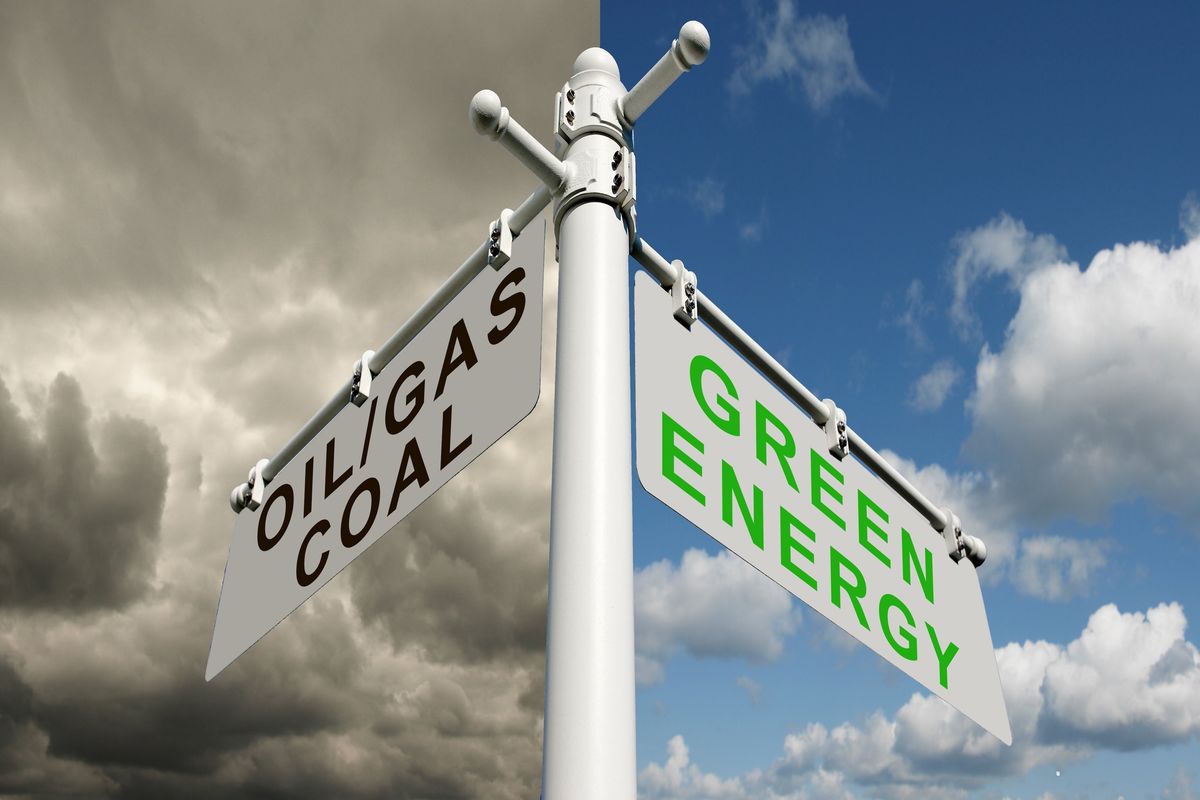
A new report produced by InfluenceMap sheds light on the environmental impact of the world's largest oil, gas, coal and cement producers, quantifying their contributions to global fossil fuel emissions.
It focuses on 122 industrial producers, tracing their cumulative historical emissions from 1854 through 2022.
The document shows that since the Industrial Revolution, over 70 percent of carbon dioxide (CO2) emissions from the fossil fuel and cement sectors can be attributed to 78 of those companies.
“The Carbon Majors database is a key tool in attributing responsibility for climate change to the fossil fuel producers with the most significant role in driving global CO2 emissions,” said InfluenceMap Program Manager Daan Van Acker.
Among the entities analyzed in the report, investor-owned companies accounted for 31 percent of all emissions, with notable contributors including Chevron (NYSE:CVX), ExxonMobil (NYSE:XOM) and BP (LSE:BP).
State-owned companies, on the other hand, were linked to 33 percent of the total emissions, with entities like Saudi Aramco (TADAWUL:2222) and Gazprom (MCX:GAZP) fronting the list. Nation states accounted for the remaining 36 percent of emissions, with China's coal production and the former Soviet Union being significant contributors.
The report also highlights a concerning trend observed following the adoption of the Paris Agreement.
Despite global efforts to curb emissions, most state- and investor-owned companies have expanded their operations since the agreement was adopted in 2015, with Asia and the Middle East seeing the biggest increases.
Aside from unveiling a need for enhanced regulatory measures and corporate accountability to address these escalating emissions, Van Acker believes the results of the report can do more to foster transparency and accountability.
"It can be used in a variety of cases, ranging from legal processes seeking to hold these producers to account for climate damages, or it can be used by academics in quantifying their contributions, or by campaign groups, or even by investors," he told Reuters. The publication notes that a previous version of the report was used to do just that.
Just last month, a Belgian farmer brought a case against French oil and gas company TotalEnergies (NYSE:TTE), arguing that the company's significant CO2 emissions contributed to damage to his operations from extreme weather events.
Mining industry gearing up for a low-carbon future
Despite InfluenceMap's findings on emissions from oil, gas and coal companies, there are ongoing initiatives aimed at addressing their environmental impact and fostering sustainability within the industry.
One such initiative is the Towards Sustainable Mining (TSM) program, a globally recognized framework designed to support mining companies in managing key environmental and social risks.
This program mandates site-level assessments with external verification and emphasizes accountability, transparency and credibility in evaluating mining operations. TSM evaluates eight critical aspects of social and environmental performance against 30 distinct indicators, promoting principles such as accountability, transparency and credibility.
At the country level, the Mining Association of Canada (MAC) and its members have undertaken various initiatives to reduce emissions and combat climate change. These efforts are in line with MAC's support for climate action consistent with the Paris Agreement's goal of limiting global warming to well below 2 degrees Celsius above pre-industrial levels.
Don't forget to follow us @INN_Resource for real-time updates!
Securities Disclosure: I, Giann Liguid, hold no direct investment interest in any company mentioned in this article.
https://ift.tt/yFtIBTx










_300xx250.jpg)
0 댓글